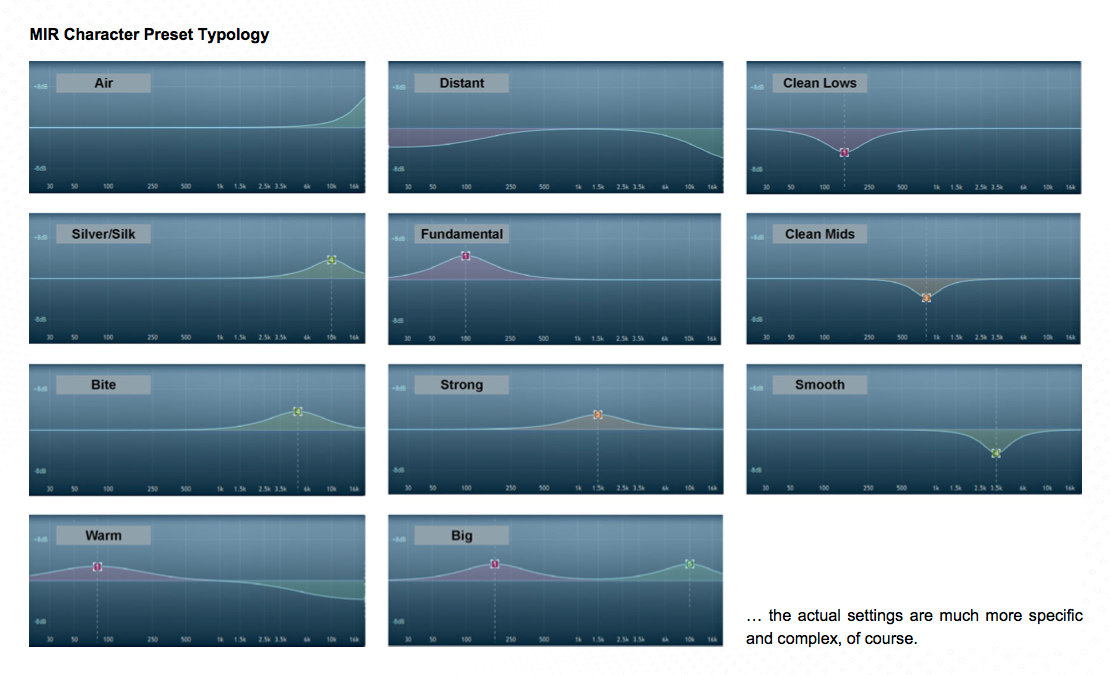This is an interesting thread because one gets to hear Dietz's ideas and "soapbox." His mixes are the best of any sample performances I've ever heard. So I love it when he reveals some of his brilliant concepts on these forums.
And mastering is very complex. What I am trying to do is deal with the great advantage that samples give one, compared to live performance, and do things during the actual performance which effect mastering. For example, reverb levels, individual instrument EQ, and overall hall sound which might be dealt with in mastering - but not as effectively after the final mix is done. I think you could even say that orchestration has a huge effect on mastering. Why? An example is the sound of a bass drum. If you listen to an orchestral bass drum at a concert, you will immediately notice it has an extremely deep, powerful bass that is deeper in fact than any other instrument on the stage. But if you listen to a sample orchestra, it is just another bass frequency, along with contra bassoon, cellos, bass clarinet, tuba, etc. They are all present in their full audio spectrums because that is the goal of audio recording.
Also, if you listen more at that same live concert, you will notice that the entire woodwind section has almost no bass, because the actual bass instruments present - whether bassoon or contrabassoon - simply do not have as much amplitude in that frequency range especially from a normal listening distance. Another example is the infamous high frequency sound of sample violins. If you listen to violins live, you will notice they are far darker than any sample recording. That is because the higher frequencies simply do not have as much power as the mid range of that instrument. That mid range is the main area of its audible projection out into an audience.
So my point is that when using samples, many aspects of mastering can actually start with the performance itself. Which is a good thing because one has so much control over every parameter of sound conceivable.
